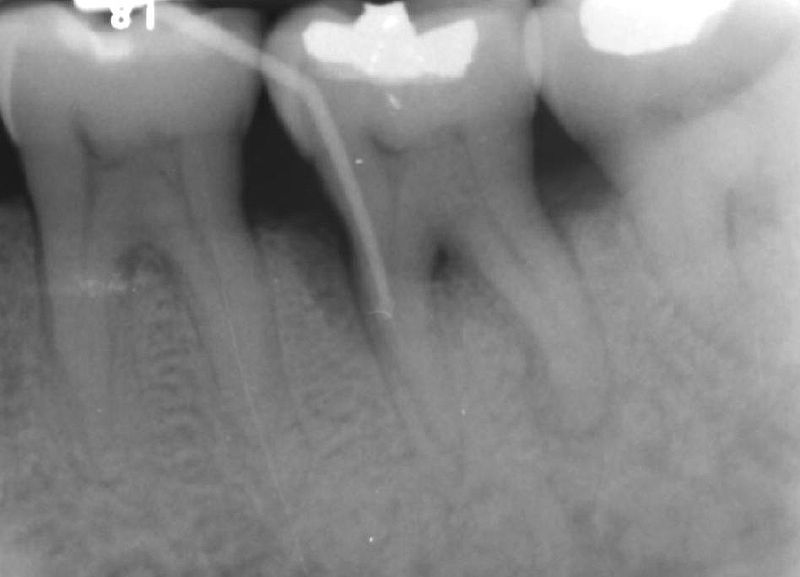For many people, just the words “root canal” are enough to cause an upsurge of dread. While it’s understandable that no one should actually want a root canal, it’s also true that some of the anxiety surrounding root canals is due to a simple lack of information. Here are seven things you need to know about having a root canal:
You may not know you need a Root Canal.
During a dental examination, your dentist will perform a number of tests to identify teeth that are either dead or on their way out. It is likely that you won’t even feel these teeth, as their nerve endings are no longer sending pain signals to your brain.
You don’t have to Wait to be in Pain for a Root Canal.
We all know the stereotypical root canal scene: someone in extreme pain is forced to bite the bullet and have a root canal in order to escape the suffering. However, the truth is that a good number of root canals are performed on dead teeth, which have no feeling at all.
Root Canals Hurt.
Oftentimes, root canals alleviate pain. They really shouldn’t hurt, as you will be given plenty of numbing and pain medication before and after the procedure. For many people, the fear of a root canal can lead to a perception of pain, even before the root canal is performed.
Your Root Canal may Take more than One Session for Completion.
Although it is understandable that you should wish for as expedient a process as possible, there are several factors that will determine just how many times you will have to sit in the dentist’s chair to complete your root canal. These factors include the extent of the damage/infection in your tooth, the level of difficulty involved in extracting your tooth, and whether or not your case has complications that require the care of a specialist (called an endodontist).
Tooth Restoration is not Part of the Root Canal Procedure.
After your root canal, your teeth will need to be restored to their best shape so that they can function optimally. While this is a necessary follow-up to the root canal procedure, it is not a part of the procedure, itself, and it may take a number of additional visits to complete.
Teeth don’t stay Healthy After Root Canals.
Again, this comes down to the restoration process. Teeth that break after a root canal are generally teeth that were not properly restored or maintained with healthy fillings. You may, later on down the line, find you need other repairs or dental implants.
There is No Proof that Root Canals Lead to Bacterial Infections.
A study performed over a hundred years ago seemed to support the belief that bacteria could get caught in the tooth socket during a root canal, leading to infection, and the bad reputation stuck. However, current studies show that this simply is not the case.
Did any of these points surprise you? If so, it’s likely you’ve been holding off on that visit to the dentist for fear of the dreaded root canal. Fear not. As it turns out, root canals aren’t so bad, after all.
Image credit: Wikimedia Commons









